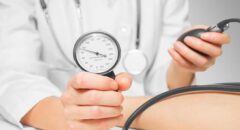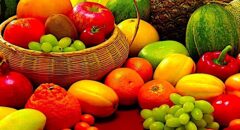It is recommended that patients eat small portions and frequent meals throughout the day. This will ensure that the patient is getting enough calories, protein and nutrients to help build their strength and immune system. The goal is to maintain a healthy weight and to avoid excess gain or loss.
Foods to Eat and Not to Eat
- Choose bland foods that are easy on your stomach
- Avoid foods that are spicy or fried
- Crackers
- Cheese
- Canned fruit
- Yogurt
- Toast
- Potatoes
- Rice Pasta
- Choose protein rich foods
- Lean meats like chicken, fish and turkey

- Eggs
- Low fat dairy
- Nuts and peanut butter
- Beans
- Soy foods
- Whole grain foods
- Oatmeal
- Whole wheat bread
- Brown rice
- Whole grain pasta
- Fruits and vegetables that are high on antioxidants
- Limit sweets and sugars
- Drink plenty of water
Patients should talk to their doctor or dietician, they should be able to offer a more detailed list of what the patient is able to eat. They should be observant of the foods they eat and how those foods react to their stomach and bowel movements. Make sure to practice good food safety, by washing hands and make sure to cook all foods at their proper temperature. Patients should talk to their doctor if they’re not sure about certain foods and customize a diet that best suits their needs.






